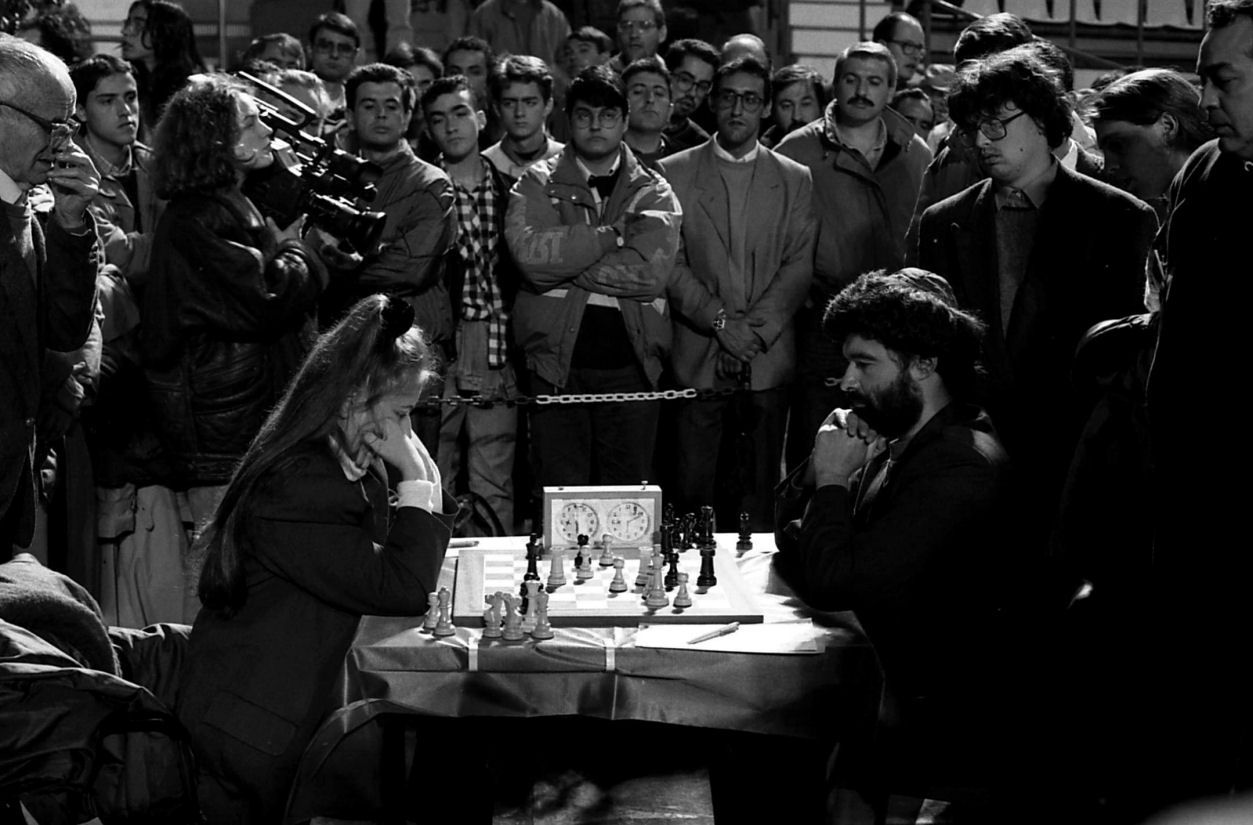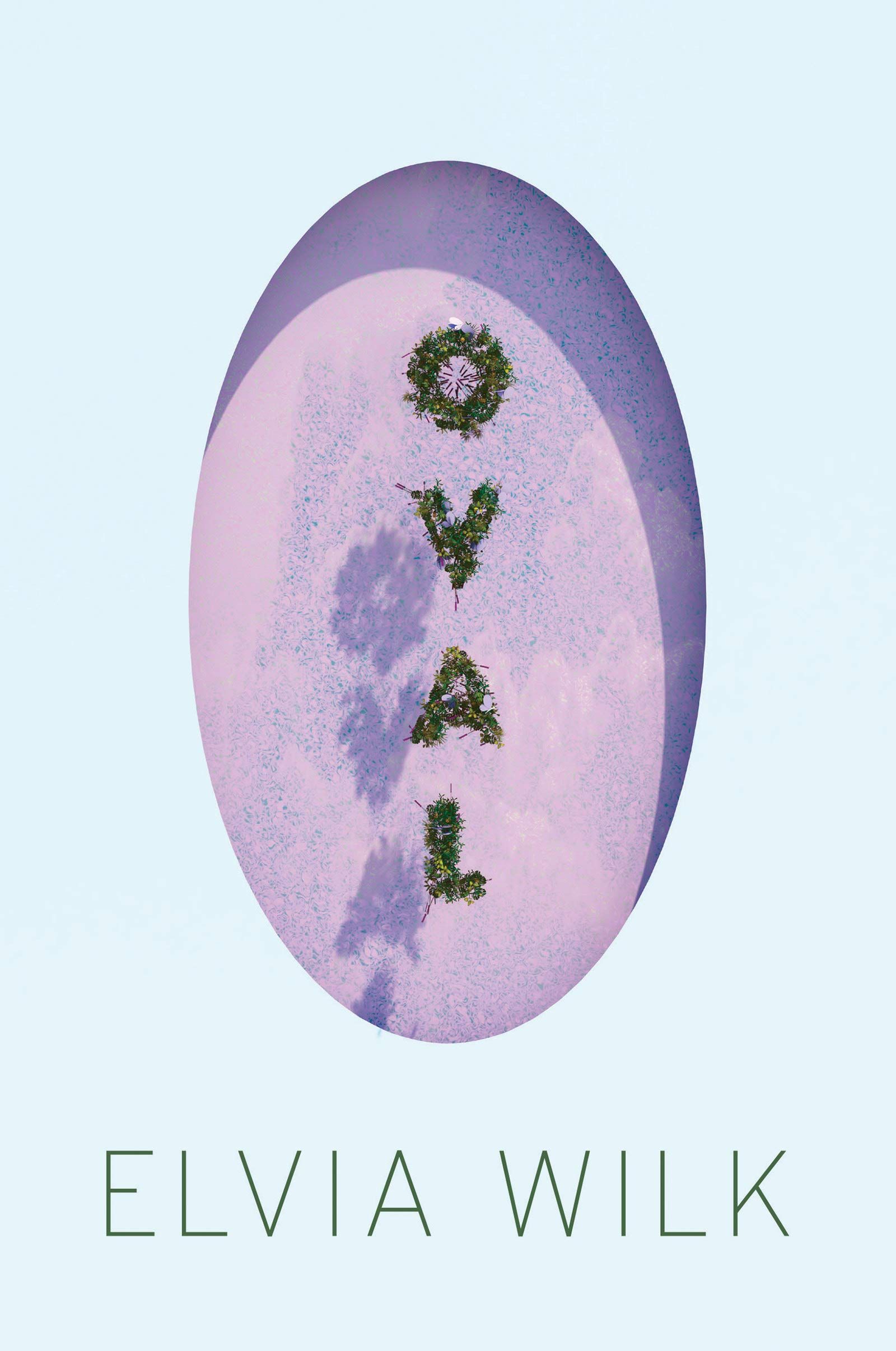“Societies that are beholden to chronological time are immoral.” An interview with MARIA TUMARKIN
|Shane Anderson
Merging memoir, prose, and historical biography, Maria Tumarkin’s Axiomatic has been called a study of trauma. But it is a book about time.

Maria Tumarkin has a deft hand and a daring nature. She tackles major themes without ever being lumbering or vapid. Her writing style is restless, it rages ahead in its use of parataxis and breathless sentences, but that doesn’t mean that Tumarkin is flippant or overhasty. Her investigations of trauma – such as teenage suicide, homelessness and surviving the Holocaust – are marked by their attention to care. In her writing, Tumarkin is considered and considerate and firm in her convictions. She’s also very funny and generous. I discovered this when I had the pleasure to sit down over Skype with her to talk about Axiomatic, its place on the shelf and some of the book’s inner workings. But first, a sample of her writing:
“So this is how it is, I think. Stars rain from the sky like shards of glass. Time makes room for timelessness. Creation is always a catastrophe, a shattering. Everything has already happened. The past does not move through the present like a pointed finger or a shadowy confessor in a long cloak. The past is not told you so. Not this is how it all began. It is a knock on the door in the middle of the night. You open the door and no one is there. You cannot tell yourself it must be those feral boys from the corner house because it is too late even for them, and no you could not have heard the knock in your sleep because you’ve been wide awake all night like a hermit crab. So this is how it is. Stars fall from the sky like shot baby sparrows in Mao’s China. Books are imperishable only because turning them into ash takes so little (it’s not like blowing up buildings); they are imperishable only because they are so ready to survive, dispersed across the world, as trails of dust, memories, shreds. As to us, me and you, oh it’s simple. We are the broken vessels containing, spilling all over the place, those who came before us.”
Maria Tumarkin, Axiomatic, 2018

Shane Anderson: You have said elsewhere that Axiomatic is “a book with chapters that are just a little unorthodox in the way they are structured and sit next to each other.” But the chapters, whose titles derive from well-known axioms, are also talking to one another, right? The missing number from the final chapter, “You Can’t Enter the Same River Twice,” is hidden in the first chapter “Time Heals All Wounds,” and the chapter “History Repeats Itself” contains the phrase, “time is what makes everything OK.”
Maria Tumarkin: There are connections and tentacles between the chapters, and I tried to keep them mostly unnoticeable. I like what Anne Carson does in her work, where you can read it on so many different levels. And even if you read it on the simplest levels it’s one of the most mind-expanding experiences you can have. You’re never shortchanged.
My partner, Christian Ryan, who edited the book, and I hated the idea of all the chapters sitting there looking like chapters and starting in the same way, like so many other nonfiction books do. We were trying to create something that was distinct in shape, feel, flow, voice while also creating a totality. It was important for me to not have repetition, a repetition of structures, or to get cute and comfortable.
Given the distinctness of the shape, feel, flow and voice, Axiomatic feels a little like an ‘unplaceable’ book. It’s clearly nonfiction but it also deploys literary strategies. “Maria” is also present and thus, it has elements of a memoir.
In some ways, I’m really old school. I teach non-fiction and a lot of my students say “this is just literature” about some work or other. I don’t believe that. I don’t believe in deliberately starting with the idea that fiction and nonfiction cannot be distinguished. I believe in earned facts, and that nonfiction is written under the weight of things. The kind of research one does for nonfiction sits in a moral domain and I don’t believe in diluting it.
You mentioned collaborating with your partner on editing this book. You’ve also collaborated in the past with visual artists. Could you also say you collaborated with the people that appear in Axiomatic?
I’d like to think about my relationship with the people in the book – and in particular with the five women of the book – as a collaboration but they probably wouldn’t. It’d be both morally and emotionally gratifying if that were the case but it’s not. Some of the women in the book said they didn’t recognize themselves in the book and that blew my head off. I was so ashamed of myself and I had to work back from that.
But then I came to realize: it would be vanity to think that it could ever be otherwise. It’s a great fallacy to imagine it could ever be any different, but I still needed to act as if the other person was in my reach. That if I took 100 steps, I’d eventually get there. You can’t just give up at the outset and give yourself permission to not take those 100 steps. Now I think I’ll have to take 200 steps in the future or change my approach. I’m interested in other people, I want to write about other people, and I will inevitably try to figure things out again.
In writing about other people, you focus on those who embody the values of the institutions they work for, such as schools and courts. But you also address the institutions that fail to practice those values, such as education and justice.
The failure of institutions was picked up on at the book launch in Melbourne and I was really surprised. To me, institutions are really big targets and it’s too easy to decry their failure.
Nevertheless, the book starts from a distrust of institutions.
In Chapter 1, I make it clear that I hate schools but, over all the years of research, I have much more respect – which sometimes borders on love – for schools and this coexists with my revulsion. If anything, the chapter “Time Heals All Wounds” is an ode to teachers. It’s about the impossible task we set for institutions. Schools can’t handle stuff like teen suicide. It seems to me that we’ve created an institution that has been given an impossible mission, even when things are fine.
The teachers come across as total heroes.
I did feel those teachers were heroes. But I don’t think they embody the institutions as much as act irrespective of them. They acted as if only they could carry the burden of making sure the kids turned up to school after the suicides. And I’m sure it wasn’t consciously articulated, but they were aware of the fact that the institutions they represented were going to fail these children, that it’s going to happen no matter what, and that they needed to decide whether they would do something about that failure or not. They acted in a non-corporate, non-representative capacity, not representing the better angels of schools but representing themselves as human beings and with moral authority.
The moral obligation and/or willingness to perform care is, to me, an underlying theme in Axiomatic. And it becomes more personal over the course of the book. I wonder then about the dramaturgy of the chapters. We move from the teachers disobeying the institutions to grandparents hiding their grandchildren from child protective services, from community lawyers dedicating themselves to their clients to the life of a Holocaust survivor, and end in the love of friendship.
I don’t like books that are tightly choreographed – some of it just felt right – and I didn’t want to do the manipulative, conventional thing, but I did want the book to end in nothing but one person and another person, one person’s skin and another person’s skin, one person’s memory and another person’s. Nothing else. Just that.
The book is not about the triumph of care as there’s a great deal of sadness and sorrow in the final chapter, for example. The final chapter’s axiom – “You Can’t Enter the Same River Twice” – suggests that the idea of the permanence of care or that certain people will always be there is much muddier in reality. My friend’s resistance to my desire to be friends after all those years is very, very important and I try to honor that in the book. Basically, she said: “there’s nothing connecting us other than the past and that’s not enough, in fact it’s a fucking insult.” But we’re incredibly close now. And so, in a sense, it is a triumph of friendship. She just wrote me about a toothache, and I said I had one too, on the top on the left and she said she knew. She had a toothache on the same spot.
Time is another major theme in the book. There are the chapter titles – the axioms – which are all about time; and time is also directly addressed in the book in a number of passages. Some of them are about resisting life being condensed into a “few emblematic scenes.” In the chapter “History Repeats Itself,” we read: “‘There is chronological time,’ Valent tells me, ‘and there is experiential, cyclical time. This time has an emotional meaning. Existential. It is like the way peasants think about harvest: time to reap and time to sow. Time to live and time to die.’” Would it be fair to say the book is a study in experiential and/or cyclical time?
It’s definitely a book about time. I’m always surprised when people say it’s a book about trauma. I wanted to write a book about the relationship between the past and the present but there’s such insurmountable banality in wanting to talk about this issue – such as, the past isn’t over, the present is infused with the past, blah blah blah. I wanted to find a way around this banality. I’m a little bit worried about the idea of the book being about ‘experiential time’ in case people start thinking it as something like ‘emotional truth,’ something that softens the edges, the brutality of time’s movement and the power it has in our lives.
Nevertheless, as Jean Améry suggested, societies that are beholden to chronological time are immoral. People who believe in the past, present and future shit on survivors, push them out to the dark dusty corners. For Améry, it was an act of violence and it made his blood boil. And so, there’s another kind of time operating that is not chronological time. Experience delivers a serious blow to chronological or progressive time, of course, but my interest is the moral dimension of time. We all know about the teeming multiplicities of pretty much everything, but what are the next steps we can take besides just declaring that in interesting or poetic ways? Where can we go, what can we take?
How do we live in these moral dimensions of time?
That’s the problem with narrative. There’s something terrible when you put a human life – especially someone who survived a cataclysm or a descendent of someone who did – into the beginning, middle and end. And so even my objection to human life being narrativized is not an intellectual objection, it’s an in-my-gut objection because I feel like human life is so horribly disfigured by putting a life into a narrative shape.
What do you have if you don’t do this? You have time. If you spend time with people, they emerge as something other than past, present and future or before and after or formative experiences like trauma.
By writing a book about time and lives that does not move in this chronological order, you’ve created an example of how this could be done differently, at least in book form. And the book does work for me in this cyclical time, at least in its technique. There are strategies of pointing out truths not by underlining them but by repeating images or gestures, by creating echoes. In a way, the book reminds me of film.
Cinema is my favorite art form. There are things that can be done with film that I always want to do in writing. I’m hugely influenced by cinema and by time in cinema. Maybe you can do some of these things in fiction but it’s not clear at all how to do them in non-fiction. I feel like I’m translating something from the language of cinema, and I’ve been both consciously and unconsciously influenced by that.
But the question is: how do you say the most important things? What can you say about time or another human being? You can’t say anything and so you keep writing those books.
AXIOMATIC is published by Fitzcarraldo Editions (2018).
Credits
- Text: Shane Anderson
Related Content

“The Experience We Were Supposed to be Having”: ASAD RAZA on DIY Intimacy, Édouard Glissant, and Home Cooking

The Aggressive Attacker: An Interview with Chess Grandmaster Judit Polgár

Books by ISOLARII: “Islands from which to view the world anew.”

“We trust our friends. And we trust ourselves.” ELVIA WILK on Berlin’s Cultural Class, Grief, and her Debut Novel